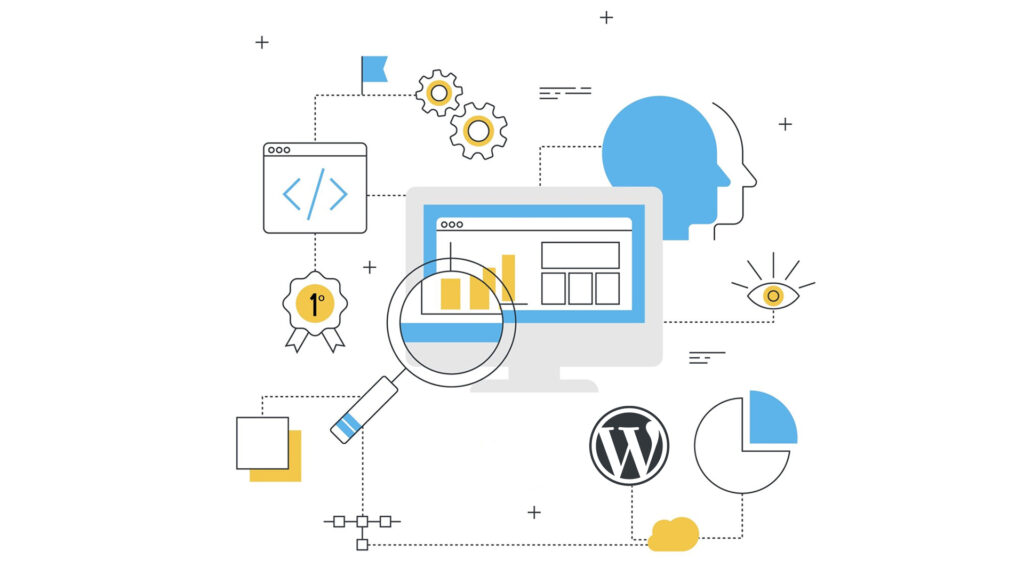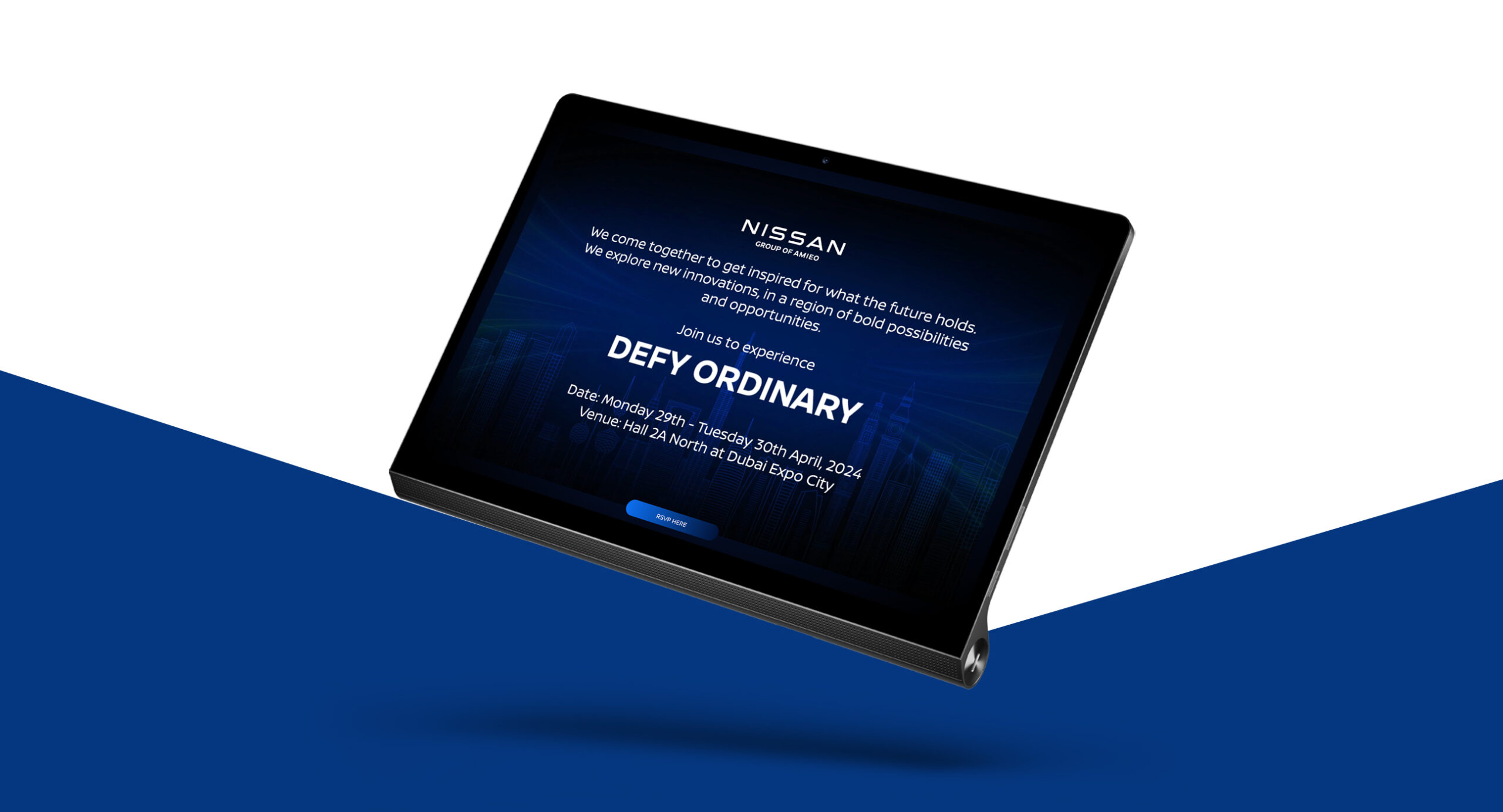Search Engine Optimization (SEO) is a core component of online presence building for anyone, and is critical for WordPress users. No matter whether you are an experienced professional or a newbie, compliance with WordPress SEO guidelines can give your website a great view and performance gain.
WordPress, as one of the most popular content management systems, provides a range of tools and features to optimize your site for search engines. In this blog, let’s discuss eight practical WordPress SEO recommendations for novice users to achieve a better ranking of your website and enhance the subsequent performance of your site.

1. Start with a Reliable Hosting Provider
The foundation of a successful WordPress site begins with reliable hosting. Your web host plays a role in the speed, uptime, security, and all these factors affect SEO. A slow or often down website can damage us search engines rankings. Select a Host with Fast Servers, Good Uptime, and Internal SEO tools. This will set the foundation for introducing other WordPress SEO guidelines effectively. On the other, some web hosting companies even provide functionalities, such as automatic backups and SSL certificates, that improve performance as well as the security of the services.
2. Optimize Your Permalink Structure
The permalink structure refers to how URLs are formatted on your site. A well organised clean descriptive URL format not only facilitates the understanding by the user of the page content but also makes it much easier for search engines the indexing of your site. Refrain from using general URLs such as “yourwebsite.com/?p=123”, and opt for a URL-structure using keywords, e.g., “yourwebsite.com/blog-title. Adhering to this WordPress SEO best practice your URLs are both more human-understandable and SEO-friendly.
To adjust your permalink settings, go to your WordPress dashboard, navigate to Settings, Permalinks, and select the “Post name” option. This step is a no-brainer in any WordPress SEO checklist to guarantee good visibility.
3. Install an SEO Plugin
One of the most effective ways to implement WordPress SEO guidelines is by using an SEO plugin. Plugins like Yoast SEO or All in One SEO Pack make optimizing your website straightforward. These tools guide you in optimizing your meta titles, descriptions, and keywords while providing a readability score for your content.
SEO plugins also assist with technical aspects of SEO i.e., generating XML sitemaps and inserting canonical tags in order to avoid duplicate content issues. As a beginner, having an SEO plugin simplifies your optimization efforts, making it an indispensable part of your WordPress SEO guidelines for beginners.
4. Focus on High-Quality Content
Content is still king in SEO and, thanks to WordPress, high-quality blog posts are simple to create and maintain. To rank higher, focus on creating informative, engaging, and original content that resonates with your audience. Lexical Prague sVMs are another class of discriminative models that can in principle capture a more intricate understanding of the stimulus, making them a possible application.
For example, if your blog post is about “WordPress SEO guidelines for beginners,” make sure the content provides actionable tips tailored to beginners while integrating the keyword seamlessly. Premium content, in turn, has the effect of raising the opportunity to get a link, subsequently enhancing the SEO process.
5. Leverage Mobile Responsiveness
Google prioritizes mobile-friendly websites when ranking search results. Fortunately, WordPress provides a wide range of responsive themes that automatically adapt to screen sizes. Make sure your theme of choice is touch-optimized, in order to give a great user experience on any device.
You can test your website responsiveness with Google’s Mobile-Friendly Test tool. Not only is a mobile-optimized site in line with WordPress SEO best practices, but it will guarantee your site visitors an intuitive experience, which in turn, will lead to fewer bounce rates, and more time spent on your site.
6. Enhance Website Speed
Page speed is an important ranking signal, and a slow-to-load site may cause visitors to depart. Optimize your website’s speed through image compression, browser caching and a content delivery network (CDN). Plugins, such as WP Rocket, or W3 Total Cache, can even enhance the loading time of your site.
A fast website improves both user experience and search rankings, making it a crucial step in any WordPress SEO checklist. In addition, make sure your hosting provider also has fast server speeds, as this has a direct effect on the performance of the site.
7. Secure Your Website
Security plays an essential role in SEO. A trusted site establishes trust with both the viewer and the search engine. To secure your WordPress site, start by installing an SSL certificate, which encrypts data between your server and visitors. Most hosting providers offer free SSL certificates.
Additionally, use plugins like Wordfence or Sucuri to add extra layers of security. Proper WordPress security settings for SEO prevent hacking attempts and malware, which can lead to penalties from search engines and harm your rankings.
8. Add Google Analytics 4 (GA4)
Tracking your website’s performance is vital for improving SEO.Adding GA4 to WordPress helps you analyze traffic patterns, user behavior, and the effectiveness of your SEO efforts. Using this information, your tactics can be better adapted to appeal to your audience.
Integrating GA4, use plugins such as MonsterInsights, or manually input the tracking code into your website header. This guarantees you will acquire reliable information about how your site is doing, which is definitely part of your WordPress SEO guidelines for beginners.
Collaborating With Experts
If optimizing your WordPress site feels overwhelming, consider working with a WordPress SEO service provider. These specialists take care of everything from keywords to technical SEO, leaving you free to concentrate on your content. For businesses in the UAE, partnering with the best SEO company in UAE ensures your site is optimized for both local and global audiences.
Winding Up
Implementing these eight WordPress SEO guidelines for beginners is a surefire way to enhance your website’s visibility and performance.From optimizing your permalink structure to ensuring mobile responsiveness, each step plays a crucial role in improving your site’s rankings.
Attention should be given to creating high-quality content, using SEO plugins, and increasing site speed to develop a site that is easy to use and SEO friendly. Don’t forget to secure your site and integrate GA4 to WordPress for detailed performance tracking. If needed, collaborate with a WordPress SEO service provider for professional assistance.
By following these WordPress SEO best practices, you’ll be well on your way to achieving long-term success in the digital landscape.
Related Post
Publications, Insights & News from GTECH








